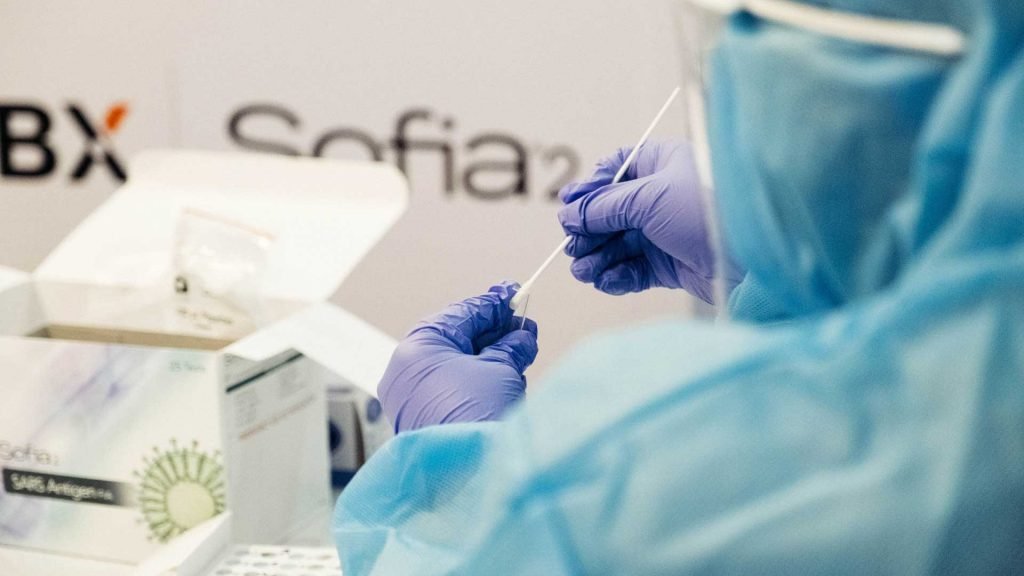COVID-19 testing is an essential healthcare service as most of the people are crawling back to offices now. Everyday activities are also going on in most places, even amid the second wave.
Businesses, schools, and communities need faster results than PCR testing. That’s where rapid antigen testing comes in. We have already learned enough about how practical the coronavirus rapid test is.
Now, let’s take a look at the pros and cons of rapid testing before you look for “drive through testing sites”.
Benefits
#1 Returns Results Quickly
A rapid COVID-19 test is literally even better than the regular PCR test. A quick COVID test will return findings in around 15 minutes after a patient’s tests are performed by medical staff. A standard procedure typically takes 3-5 days for patients to produce the results of the test.
The simplicity and speed of a quick test makes a useful ASAP test for patients who need a test in a compressed period and cannot wait for 3 to 5 days. The procedure uses similar equipment to that used in a paternity test which delivers findings in minutes.
#2 Safe Medical Facility
CDC-recommended protocols are used by hospitals doing rapid testing to ensure that pathogens are managed to ensure that people do not get infected while being checked.
To minimize the risk for an epidemic of viral transmission in the clinic, they also ensure healthy social distancing procedures and therapeutic amounts.
#3 Everyone Gets It
During this second phase of the pandemic, most patients regardless of classes and ages, will get quick COVID-19 tests to ensure they are healthy.
To avoid the dangers of travel associated with a pandemic, only patients with severe chronic illnesses or other autoimmune disorders may require specific assessment. Many reasonably stable patients, though, will get a screening and get fast testing the same day!
Problems
#1 Done in A Laboratory or Clinic
Antigen tests at home are not readily available. Still, patients usually have to go to a hospital or clinic to have this procedure performed.
#2 High False-Negative Rate
Antigen tests yield higher false-negative rates than RT-PCR molecular tests, with some data indicating rates of up to 50%.
FAQs
#1 How Much Does Rapid Testing Costs?
For asymptomatic patients, if considered medically appropriate, COVID-19 monitoring usually is protected by insurers. However, depending on insurance coverage, some tests can differ.
For patients who are not being tested as a medically trained test, the out-of-pocket cost for the rapid test is $175. Again, to verify the incentives, you must contact the insurance plan company.
#2 What Is the Process of Booking?
To find the available time slot for testing, patients who need to book COVID-19 rapid testing can call nearby testing sites’ online portals.
Due to the demand for COVID-19 tests, it is necessary to understand that the call frequency is unusually high. So, be patient while you call for booking an appointment.
More Testing Provides Greater Insights
It is essential to deploy successful COVID-19 rapid testing worldwide to better understand the propagation of the virus, which may help find a way to stop it. The vaccination has also started in some places. So, keep an eye for that too.



